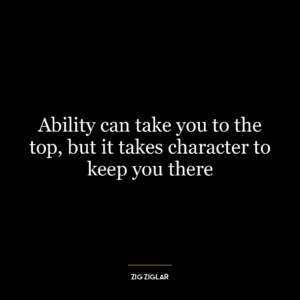You might not be what you say you are, but what you say, you are.
This quote, “You might not be what you say you are, but what you say, you are,” presents a fascinating paradox about identity, perception, and the power of words. It suggests that while we may not always embody the characteristics or qualities we claim to have, the words we use and the messages we convey ultimately shape our identity and how others perceive us.
The first part of the quote, “You might not be what you say you are,” implies that there may be a discrepancy between our self-perception and reality. We often project a certain image of ourselves that might not be entirely truthful. It could be due to our desire to fit in, to impress others, or simply because we are not fully aware of our own shortcomings.
The second part, “but what you say, you are,” emphasizes the power and influence of our words. This suggests that our words, more than our actions, establish who we are in the eyes of others. It’s an assertion of the idea that our verbal expressions, our communication and the narratives we create about ourselves, have the power to shape our identity.
Applying this idea in today’s world, particularly in the realm of social media, it is even more relevant. People often curate their online personas to appear a certain way, even if it doesn’t align with their real-life identity. This curated persona, shaped by what they say or share online, becomes their perceived identity.
In terms of personal development, this quote can be a reminder of the power of positive self-talk and affirmations. By being mindful of our words and consistently speaking positively about ourselves, we can shape our self-perception and influence our personal growth. It also encourages authenticity, urging us to align our words with our actions and values to create a consistent, authentic self-image.






